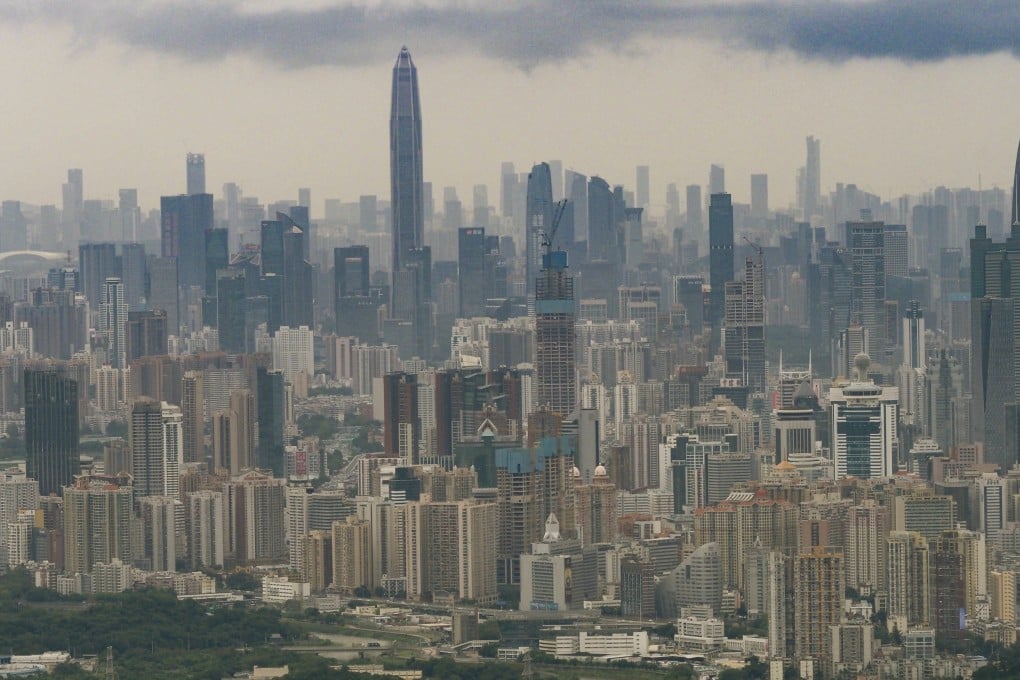Hong Kong buyers shun investment in Greater Bay Area homes amid uncertainty over project completions, border reopening
- In the past six months there has been no interest from Hong Kong investors about buying homes in the Greater Bay Area, says Centaline China CEO
- Overall transactions in the bay area fell 45 per cent year on year in the first half, according to Cushman & Wakefield

Transactions involving Hongkongers tumbled by as much as 80 per cent year on year in the first six months, according to Andy Lee, CEO of Centaline China. A total of 648 deals worth 2.1 billion yuan (US$310.2 million) involving buyers from Hong Kong were finalised in the same period last year, according to data from Centaline China.
“In the past half a year, almost no Hongkonger has asked about buying homes in GBA,” Lee said. Hongkongers are also cautious of investing in the bay area’s property sector, mainly because of the crisis surrounding the mainland’s real estate sector and the overall economic slowdown, he added.
Last year, homebuyers from Hong Kong invested 3.5 billion yuan in the bay area, sharply lower than the 30.9 billion yuan in 2020 and the all-time high of 40 billion yuan in 2019, according to data from Centaline China.
The uncertainty over the reopening of the border because of China’s zero-Covid policy has also affected Hong Kong buyers’ confidence, said Alva To, vice-president for Greater China and head of consulting at Cushman & Wakefield.
The mainland residential property market is in flux as the developers’ debt issues are weighing on their ability to complete projects, affecting homebuying sentiment. China’s slowing economy, which grew at 0.4 per cent in the second quarter, the weakest in two years, is compounding matters further. Home sales at China’s top 100 developers slumped 39.7 per cent year on year in July to 523.1 billion yuan, according to data from China Real Estate Information Corp.
